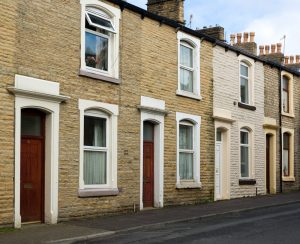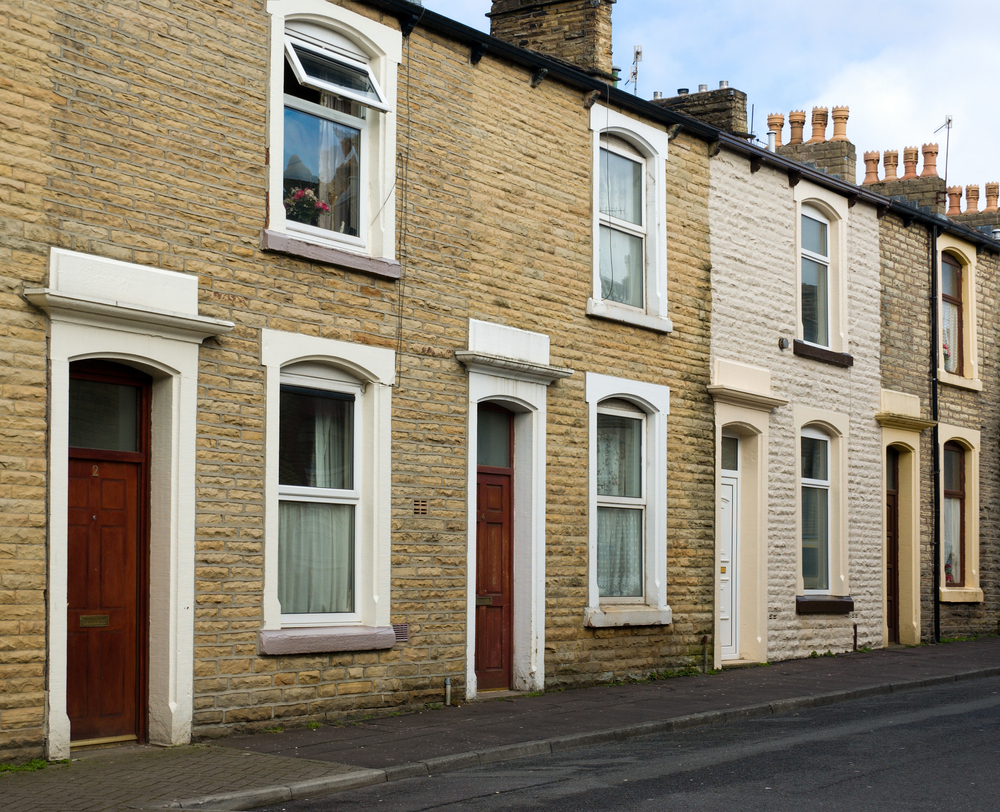The average house price fell by 0.6% in January according to the latest Halifax house price index.
 As a result, the average property is now worth £223,285, up by 1.9% from last January.
As a result, the average property is now worth £223,285, up by 1.9% from last January.
Russell Galley, managing director of Halifax Community Bank, noted that although employment levels have been growing, household finances remain under pressure as inflation continues to outpace wage growth.
He continued: “Additionally, it’s still too early to see any impact for first-time buyers from the abolition of stamp duty on purchases of up to £300,000, which was announced in the November Budget.
“Despite the recent rise in the Bank of England base rate, mortgage rates are still very low. This, combined with an ongoing acute shortage of properties for sale, will continue to underpin house prices over the coming months.”
Jeremy Leaf, a North London estate agent and former chairman of the Royal Institution of Chartered Surveyors, suggested the property market is showing considerable resilience and little sign of a larger correction in prices.
He added: ‘Nevertheless, sellers still have to be realistic and particularly recognise the importance of setting sensible asking prices if they are to generate offers.
“First-time buyers too are beginning to emerge from hibernation and take advantage of lower stamp duty, the government’s Help to Buy scheme and less competition from investors. However, lingering affordability and Brexit concerns remain common to all.”
Jonathan Samuels, chief executive officer of lender Octane Capital, argued that inflation and Brexit are “holding the property market to ransom”.
He continued: “2018 will see the usual see-sawing in prices but, short of any major breakdowns in negotiations or shock rate rises, the year is shaping up to be flat and uneventful. A flat market, many would argue, is exactly what’s needed given the entrenched affordability crisis.
“Over time, flat growth will offer a leg-up onto the property ladder for many firs- time buyers. For those already on the ladder it’s a negative, for those who aren’t, quite the opposite.”




